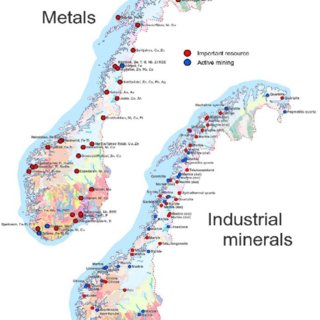Our aim with this free information site is to promote ideas and thoughts about every day aspects of the environment around us. The founders are all from an engineering background so we view what is happening to the world from a slightly less fatalistic standpoint. We agree there are major problems that need to be seriously addressed but most people will not accept changes that are so drastic that conflict will occur.
We are all "Green" in our lifestyles and wish to promote serious discussion in fields that are often overlooked when the topic of Climate change comes up. We will add new sectors and invite people to contribute and offer suggestions. Governments make lots of noises about how people should improve their surroundings but then we see the waste they create themselves. Finger pointing is of course a needless exercise, action is the only way immediate effects will be noticed. Our engineering sector hopes to promote more technical ideas that could have significant impact on the global problems.
To Individuals
Through our partner website we have been asked for contact details of people interested in assisting engineering companies with their environment compliance. These will be people who have accredited qualifications in various disciplines in the engineering field. This site through us would like to build up a database of suitable people for future requirements. We see the focus of the worldwide environmental problem being due to a shortage of skills in many engineering fields. We hope by coordinating with a long standing well known website to be able to help in this joint venture.
Our site is completely free which allows us to be open and honest with these requests. We are also busy with setting up a sector on this site where we invite people to register their interest, location and preferences for remote working. We foresee large engineering companies setting up networks with full broad band access to their in-house servers and database allowing remote skills to work as smoothly as if they were present in the main office. File transfers can be carried out without complications even with high graphic content. This could apply to all disciplines removing a very large sector from the main office. Costs could also be significantly reduced with remote workers saving considerable amounts in time and travel.
To Companies
The fact that you are reading this site indicates where your priorities lie. We have set up this site to help companies with introductions to like minded sites that are in a position to assist with information regarding environmental engineering. We have seen in the last few years a near desperate rush to alleviate the skills shortage worldwide in all fields of engineering.
Some companies thought by setting up “high value centers of engineering excellence” the problem would be solved. This has of course proved to be a questionable success due to the large turnover of manpower. Most of these new additions change jobs quickly to attract higher salaries on new projects. Experience is of course not gained in this fashion.
An aging skills base is leading to desperate measures with bounties being offered for specialist disciplines. The companies and governments are equally guilty for allowing this situation to develop with lack of foresight.
Many experienced engineers and designers are now taking positions involving travel due to their freedom caused by children leaving home and financial ties removed.
For the ones who wish to stay home based then companies will have to look into setting up networks for these skills to work remotely. Very straight forward with today’s technology and as most work carried out carries no sensitive information the aspect of secrecy is eliminated. We will be setting up a sector on this site where people with the required skills can register their interest, location and preferences. The additional environmental bonus with this idea is the reduction in requirements of large central business district offices and the reduction of commuting.




